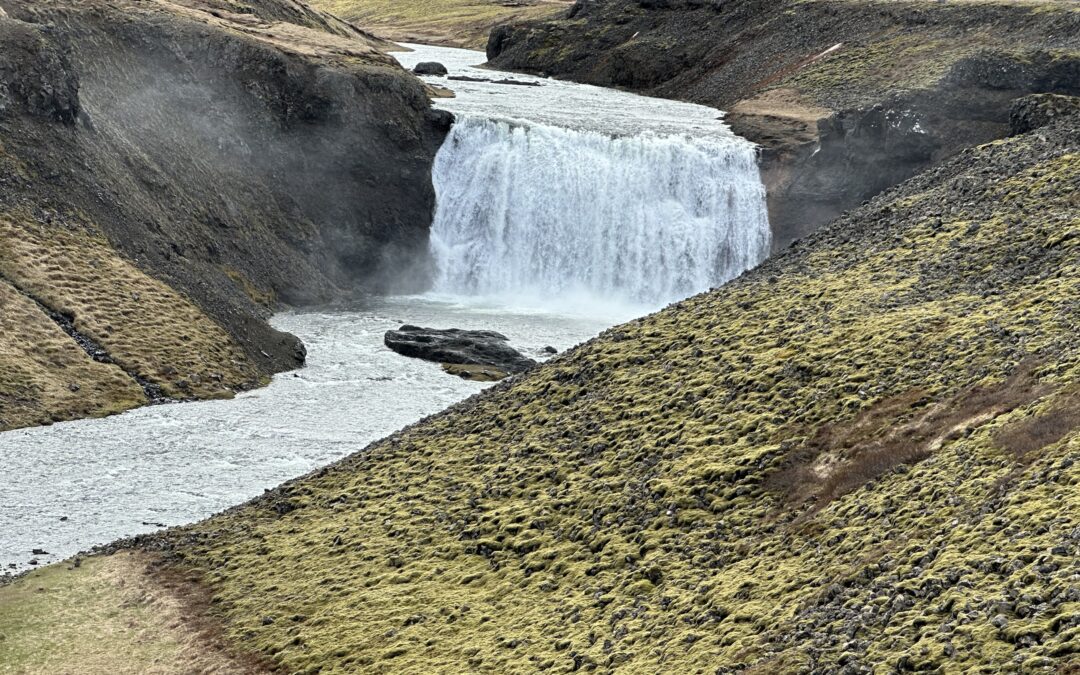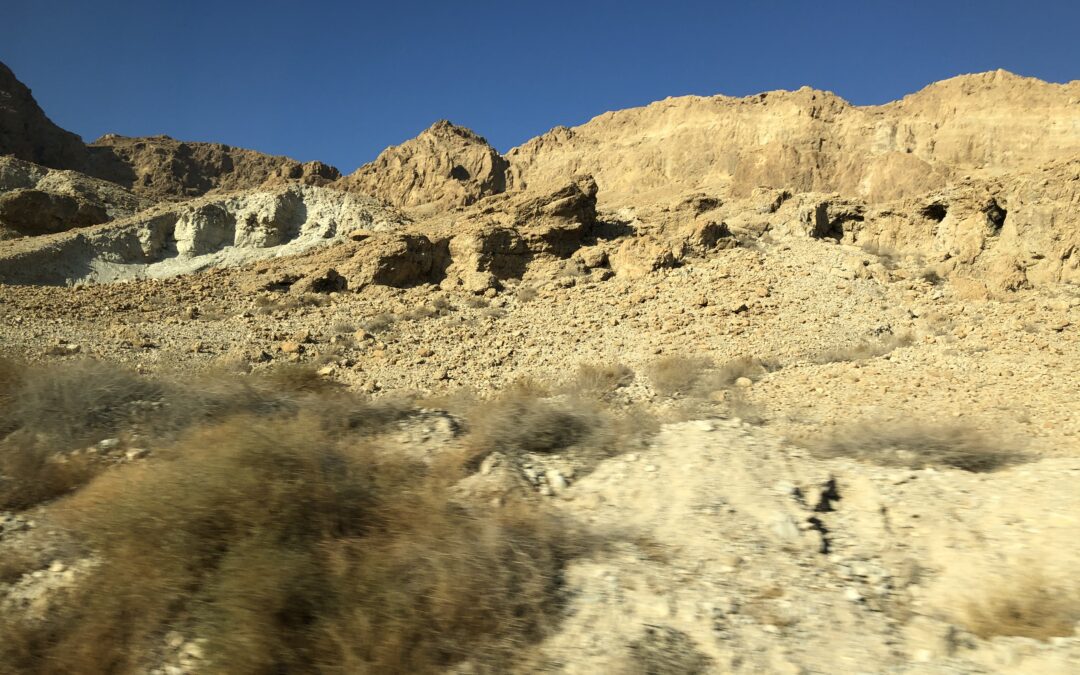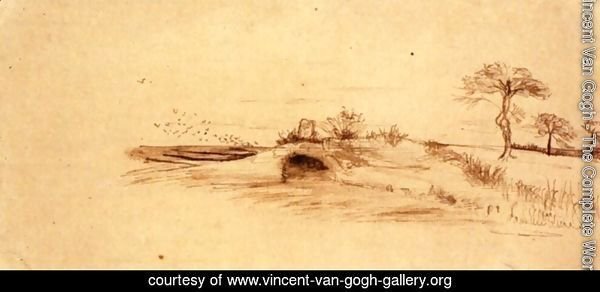Eileh ma-asei b’nai yisrael… “These are the travels of the Israelites… .” Begins the final Torah reading in the book of Bamidbar – which literally means, “in the wilderness.” The reading starts off sounding like an ancient version of the classic “How I spent my summer vacation” essay, and then moves into a discussion about what will happen next, once the people have crossed over the Jordan River and moved into the Promised Land. Or, “Here’s your class schedule and your book list … and haven’t you already read the first few chapters???”
There’s a saying in rabbinic literature, Shiv′im panim la Torah, “the Torah has 70 faces.” It’s usually taken to mean that any verse in the Torah can have multiple legitimate meanings and interpretations, even if they contradict each other. To me, it’s also a reminder that each time I read a passage in Torah, I find new meaning. Sometimes, it’s because I read the Hebrew instead of the English, or vice versa, sometimes because I’m looking for something in particular, and sometimes a thought will just pop into my mind.
Today, when I began reading the list of places where the Israelites camped in the wilderness (40 years that seem to have gone by in the blink of an eye), my first thought was, “This is a life review!.” While very little information is given about what actually transpired at most of those locations, we as readers can imagine filling in the blanks. Our great medieval commentator Rashi, in explaining this list, quotes a Midrash about a king once took his ill son abroad to find a cure. during their journey home – after the boy had been cured – the king recounted the stops along the way, “here you had a fever … here we rested … etc.”
Seeing these verses (Numbers 33:1-49) as a life review as opposed to simply a laundry list of places is a reflection of my point in life and my rabbinic work today. As a Baby Boomer I’m thinking more concretely about the aging process – both the physical and the emotional – and wondering what difference I’m making in the world, or at least my small part of it. I look back at what has led me on this path, and I look forward as I plan ahead.
Planning ahead segues beautifully into the second aliyah of Masei, where the Land of Israel is to be divided up as an inheritance for each family in each tribe according to their size. Even though it’s a fairly cut and dried process, at least in theory, it gives us a good biblical foundation for the idea of giving thought to what we will leave behind; both the tangible assets and the intangible legacy, what we might call an “ethical will.”
As Moses takes the people on a not-so-sentimental journey down memory lane, he points out some positive things, such as the “12 springs of water and 70 palm trees” in Elim. He also mentioned not having water at Rephidim and Aaron ascending Mount Hor, where he would die. Every journey – every life – has its ups and downs, good times and sad times, and perhaps times we’d like to forget. It’s all part of what makes us who we are and can help us as we move forward into our next version of the Promised Land.











0 Comments